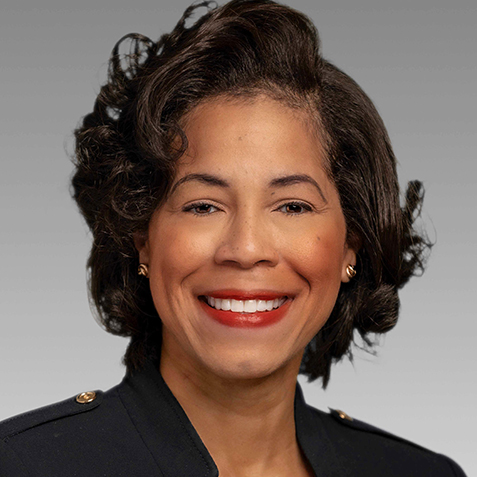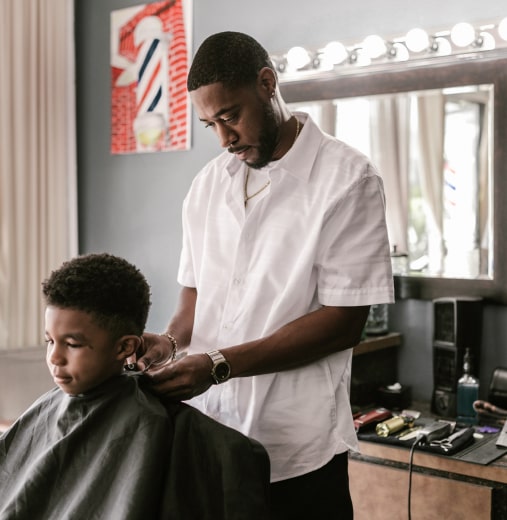Houston
Texas
Community Lead
LaTanya Flix
Senior Vice President, Inclusive Leadership and Opportunity
Lead Community Organization
The Greater Houston Partnership
The Greater Houston Partnership was formed in 1989 and is the largest chamber of commerce in the Houston area. The organization works to make Houston one of the best places to live, work and build a business by attracting global companies to Houston, creating jobs and growing the region’s GDP.
One Houston Together is the Partnership’s initiative focused on advancing inclusive economic opportunity and making Houston “America’s most dynamic and accessible city.” The initiative completed its inaugural Houston Region Inclusion and Opportunity Assessment—with 100+ participating companies and organizations—positioning Houston as the first major metro to take a data-driven approach to guiding collective action within the business community.

Houston Community Lead

LaTanya Flix
Senior Vice President, Inclusive Leadership and Opportunity
LaTanya Flix is Senior Vice President of Inclusive Leadership and Opportunity for the Greater Houston Partnership, the Houston region’s principal business organization. In this role, she serves as executive staff liaison to the Partnership’s board Inclusion and Opportunity Committee, oversees internal learning and development initiatives and leads One Houston Together—the partnership’s commitment to leveraging the power of the business community to expand economic opportunity and reduce disparities.
Join Us and Get Involved!
If you are interested in partnering with Southern Communities Initiative or wish to volunteer your time, we invite you to explore the different ways you can engage.



